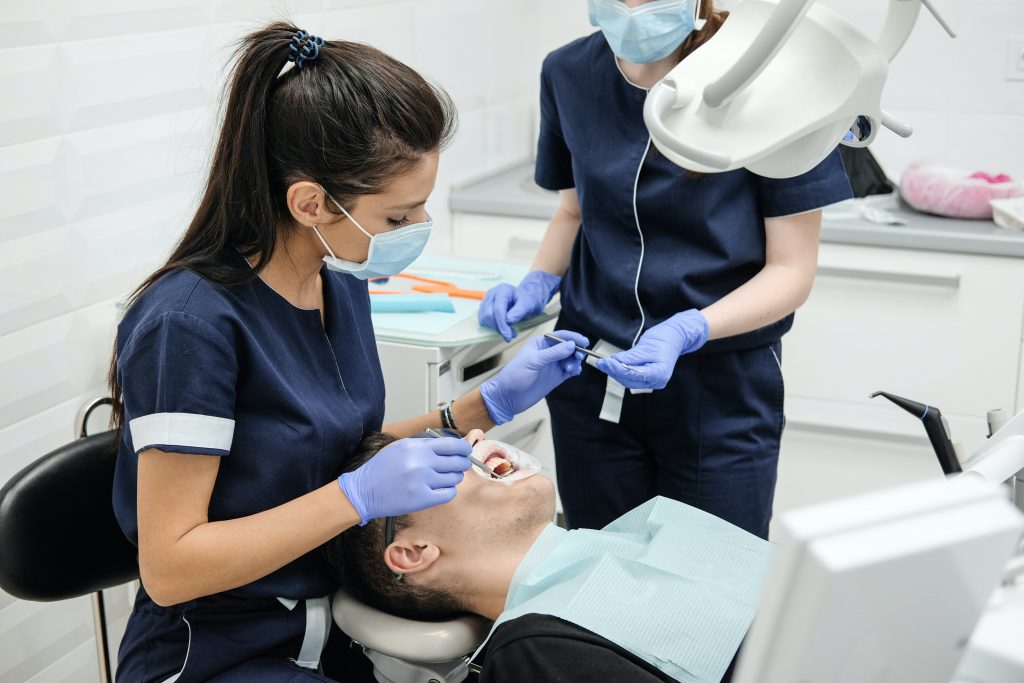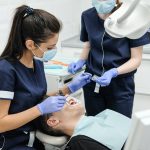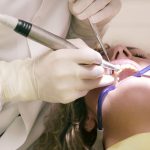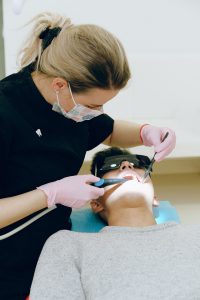Types Of Mouth Cancer
They develop in the fat cells, similar to those of the skin, that line the inside of the mouth.
Other Less Common Types Of Mouth Cancer Include:
salivary gland cancer – begins in the cells of the salivary glands
lymphoma – starts in lymphatic tissue near the base of the tongue and tonsils
melanoma – begins in the cells responsible for pigmentation of the skin around the mouth or on the lips
Pre-cancer
A person should see a dentist regularly if they smoke or drink regularly.
Signs that cancer could eventually develop include:
- Leukoplakia: is when there are white spots in the mouth that do not disappear when rubbed.
- Oral lichen planus: areas with white lines with a reddish border appear, possibly with ulceration.
Many oral lesions could be precancerous. But this does not mean that someone has cancer, but it is necessary to speak with a doctor about any changes that occur in the mouth.
Monitoring for changes can help detect mouth cancer in the early stages when it is easiest to treat.

Treatment
Treatment will depend on:
the location, stage, and type of cancer
the general health of the individual
personal preferences
Here are several options, including:
Surgery
A doctor may recommend surgery to remove the tumor and some of the nearby healthy tissue.
Surgery May Involve The Removal Of:
- Part of the tongue
- The jaw
- Lymph nodes
- If the procedure significantly changes a person’s appearance or ability to speak or eat, reconstructive surgery may be necessary.
Radiotherapy
Oral cancers are sensitive to radiation therapy. This treatment uses high-energy X-ray beams or radiation particles to damage the DNA within tumor cells, destroying their ability to reproduce.
External beam radiation – A machine aims at the affected area with beams of radiation.
Brachytherapy: The surgeon will use radioactive needles to deliver radiation to the tumor inside the body. A doctor may recommend this to people with early-stage tongue cancer.
Adverse Effects Of Radiation Therapy On The Mouth Can Include:
- Dental caries
- Mouth sores
- Bleeding gums
- Jaw stiffness
- Fatigue
- Skin reactions, such as burns
Treatment will likely be most effective in people who do not smoke or who have already stopped smoking.
A person with early-stage mouth cancer may only need radiation therapy, but a doctor may recommend combining it with other treatments to reduce the risk that cancer will continue to develop or recur.




















Recent Comments